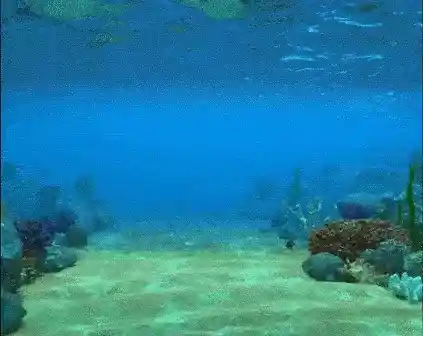There is no greater way to kill an interest in history through memorization of dates and emphasis on only the most minute details instead of looking at the greater picture. Where I grew up the only type of education you received on history in elementary school was about the native tribes that used to cover North America and a very small amount about how ebil the first settlers were. By the time I made it into grade 6 we had a first unit on European subject matter about ancient Athens. The only emphasis was that although they had a direct democracy, it was subpar to ours because only male landowners could take part. Going into high school was much of the same, extremely shallow details about specific aspects only with the addition of needing to memorize the specific dates when events happened. Regardless, the lack of decent education in history ended up making me have a greater passion in trying to read on history and related philosophy on my own time. I've found english and STEM subjects pretty comprehensive where I've gone to school, only social is sorely lacking.
As someone who majored in history I can assure you going into STEM is the better choice when it comes to career prospects lol. Academic history differs greatly from what primary school offers, as it is more about the means and methods of interpreting it, backing up said interpretation with primary/secondary sources. The exams are more about "
why was [historical event] important" rather than "tell me
when [historical event] happened and
what the text book said happened?"
At the end of the day the public education system's main purpose is to produce semi competent citizens to fill jobs and pay taxes (no shit right?) While history is not necessary for the job aspect, it is necessary in fostering a cohesive/cooperative population of citizens. You need something that can keep them united, something that keeps them loyal to the ideals of the nation, this is especially important come periods of war. Cynically you can point to this and say it is a form of conditioning to ensure loyalty to the nation. Something that when politicians invoke a surface level reference to past events, you can understand the rhetoric and agree with it.
While the notion of American exceptionalism has it's flaws, for the purpose of furthering the education system's end goal and fostering a successful/united nation, playing into aspects of it is necessary. The issue I take with the current state of history's curriculum is that the shift has been towards increased division/animosity rather than unification. Identity politics have become all the rage, it's why critical race theory and the 1619 project are so contested. It is one thing to be critical of the past and learn from it for a better future, but it is another to guilt trip and stoke animosity for the present. Our interpretation of the past is integral to the foundation of the future, and currently what they are trying to preach in the educational system does not strike me as optimistic.
A more productive method of doing this is to play into the narrative of upwards mobility through hard work. For instance, teach a curriculum based around a diverse group of individuals in different eras of US history. You can adequately explain the context of the period and the prejudice certain individuals faced and highlight the ingenuity that propelled them to success without resorting to just guilting people/groups for oppression.
There are other factors that are messing with the curriculum overall. The curriculums/textbooks are tailored primarily to the two biggest markets: Texas and California. Elites like Bill Gates have also tossed a fair amount of money at the public education system in an attempt to sway the curriculum.
Of course I prefer history to be open to interpretation based on analyzing the sources, but from purely a nation building standpoint I am not sure how effective or plausible this would be. Most people view history as set in stone and unchanging, it would be hard to break that perception among the general population.










